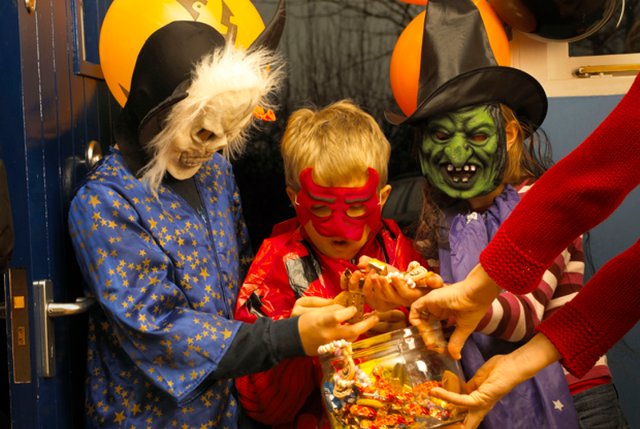
Do you treat all of your children alike? likely not. You need to relate to and deal with every youngster otherwise. Treating every toddler as an man or woman is a part of what makes that child a completely unique individual and is a manner of appreciating his unique traits.
A husband and spouse come to be and discover ways to be mother and father with their first baby, who for some time is their only baby. As a result, their dating with that first infant will be one of a kind from their relationships with next children. because mother and father develop and learn together with their children, mother and father' actions, conversational fashion, and shows of emotion will trade with each new teenager.

no longer only do dad and mom trade their fashion as they benefit revel in raising children, however each teen has his or her very own fashion and wishes, initially because of start order and inborn trends, and later because of studies. Older children want to be treated in a different way from more youthful ones. high-strung children want exceptional strategies than do easygoing ones. On each difficulty—policies, expectations, chores, obligations, rewards, and punishment—parents ought to individualize their parenting at the same time as trying to continue to be truthful to all. This ultimate goal is almost not possible to reap. although mother and father interact with their youngsters in a comparable manner, each infant may additionally understand those movements in a different way.

Your conduct in the direction of your youngsters is determined in component via the age and developmental degree of every teenager. for example, you possibly have tended to treat all of your youngsters in a relatively comparable manner on the same age or stage of development. A mom can be bodily affectionate to her two children in their respective little one years but less visibly affectionate once they reach college age. In a scenario like this, the older toddler may also understand that the younger sibling is receiving greater affection. dad and mom need to deal with kids differently at one of a kind a while; issues arise whilst dad and mom are not able to act appropriately for their toddler's developmental age and wishes.

beginning order and family length also have an impact on your children's improvement. The revel in of an best baby isn't like that of a infant in a bigger own family. An older toddler's enjoy isn't the same as a more youthful one's: The older infant has a younger sibling, even as the more youthful infant has an older sibling. a third infant has older siblings, and so on. due to delivery order and own family size, no children experience the same circle of relatives the same way.

The beginning order of your youngsters will also affect the way you relate to them, the way they respond, the stories they have, and consequently the way they develop as individuals. as an instance, firstborn kids may additionally feel left out or unloved after the appearance of a new sibling. although their mother and father may additionally anticipate or as a minimum hope for them to be more responsible and self-enough, firstborns may additionally act more youthful or greater babylike in an effort to appeal to parental attention. In flip, the parents can also express frustration or anger with them due to their babyish conduct.

The temperaments of every determine and each infant have an effect on the manner each interacts with the other. A parent whose temperament fares exceptional with order and predictability may want to discover raising a disorganized, spontaneous, impulsive infant a each day assignment. on the other hand, easygoing dad and mom and children can studyily make allowances for one another.

every pair of own family contributors has a unique relationship. A infant relates in different ways to his father and to his mom. His sibling pertains to every discern in his or her own way. every sibling pertains to every brother or sister in a particular manner. children are quite touchy to these differences within family relationships; they display them, reply to them, and relate to each other in a way based upon the nature of their studies and how they understand them.
consequently, some of the differences among siblings reflect how they understand their roles and relationships inside their families—how they had been loved, liked, reputable, and understood. those elements can affect their self-confidence, experience of agree with, and potential to deal with demanding situations and disappointments.

over the years the relationships amongst siblings can make contributions to increasing variations. Siblings compete for the affection and attention in their parents; they may examine themselves with each other, end up aware about one another's strengths and weaknesses, and try to discover the maximum at ease and rewarding function for themselves inside the own family unit. in this dynamic interplay, variations increase and might come to be greater pronounced with time, have an effect oning the whole lot from vanity and behavioral fashion to lifestyles goals and career alternatives.
@orignalwork
Downvoting a post can decrease pending rewards and make it less visible. Common reasons:
Submit